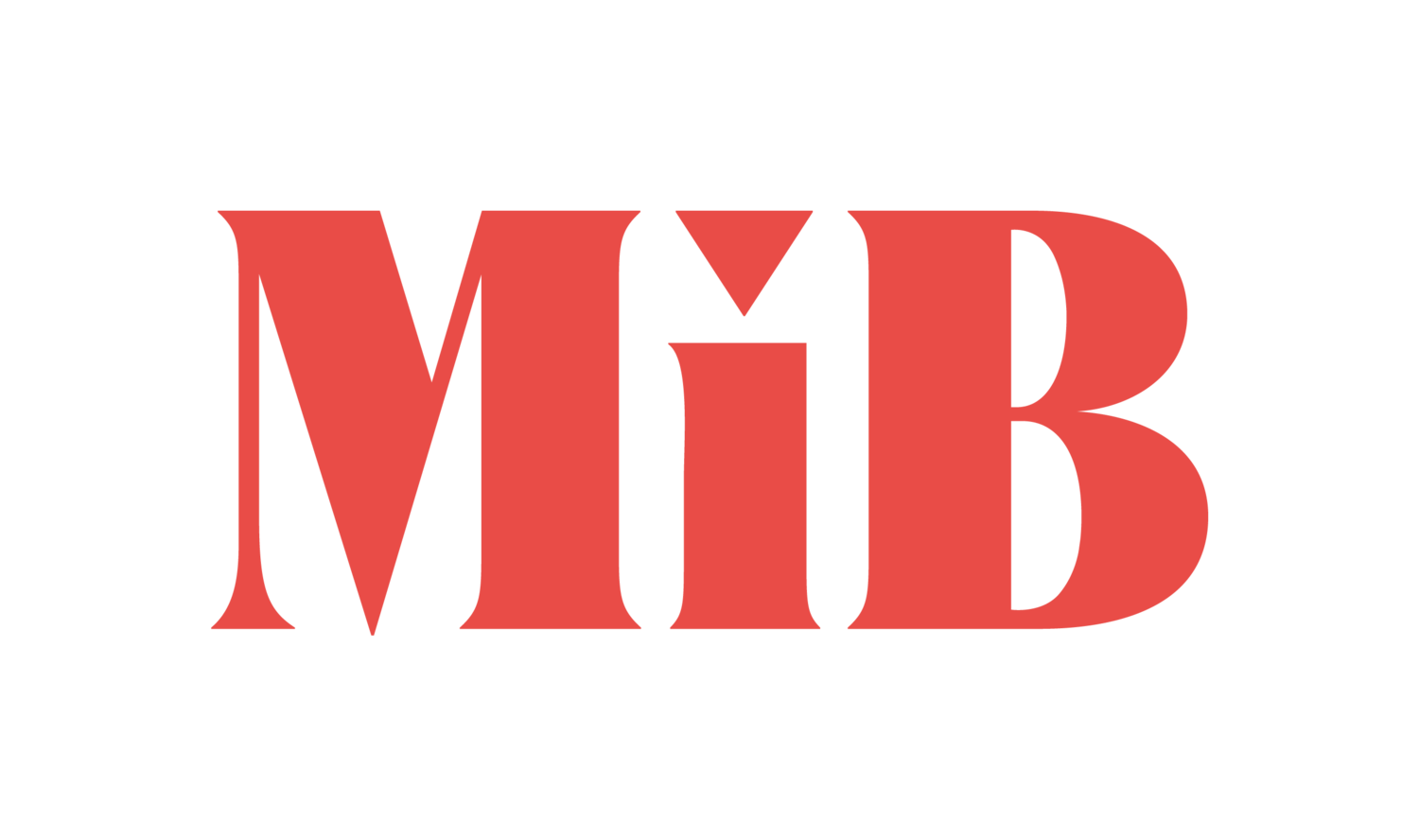This guest blog was written by project manager Gunta Ahlfors from Väestöliitto’s Recognizing International Talents -project.
The Recognizing International Talent -initiative was started in 2020 with the aim to improve the Diversity and Inclusion skills of employers and their ability to recognize international talents in the recruitment processes. Finland needs more skilled labour force and the internationals living here need more possibilities to get recruited in their own professional field. An open, inclusive and diverse society creates more well-being and attracts more people to come in the future.
Language and professional identity
Language skills play often a significant role in employment. Professional identity is formed by our conception of work experience, skills and our ability to communicate about them. Our professional identity is also strongly linked to the language we use in work life.
A sudden change in the language environment impacts the capability to communicate convincingly in professional matters. The lack of professional vocabulary creates insecurity in our professional identity – because we cannot communicate to others with the same confidence as before.
This goes both ways. The fear of a weakened professional identity exists also on the employer’s side. And this is understandable.
Leaving the comfort zone
There are many whose professional identity is strongly connected to Finnish language. In some work environments there might be fear of change if everyone is used to communicating and expressing themselves only in Finnish. Recruiting the first international talent does not mean automatically changing the whole team or organization into an English-speaking environment – many of the talents living here already speak or understand Finnish.
When I think of my own professional identity, it is the strongest when using Finnish language. I have built most of my professional career using this language and I feel confident using it at work. Even though Finnish is the fourth language I have learned. When it comes to my professional identity and languages, right after Finnish comes English - and only then my native language. In what language do you feel the most comfortable in professionally?
A diverse and multilingual work environment demands us to be more flexible and brave. To leave our comfort zones, even if it might feel frightening, it is worth it!
Would you like to read about this theme in Finnish? Haluatko lukea tästä aiheesta suomeksi? Käy tutustumassa Väestöliiton blogiin:
Hyppy oman mukavuusalueen ulkopuolelle – Väestöliiton blogi (vaestoliitonblogi.com)
The blog was written by project manager Gunta Ahlfors from Väestöliitto’s Recognizing International Talents -project. Recognizing International Talents is one of MiB International’s partners.
After the birth of a baby many new mothers and fathers wish to develop their professional selves alongside taking care of a new addition to the family. This can be best achieved with part-time parental leave. By lightening the load of a working week, parents can combine work and childcare. For mothers, even just one working day a week prevents worklife exclusion, helps professional development and retains contacts with colleagues.
Flexibility through Family Leave Reform
The Family Leave Reform, which entered force in the beginning of August, brought along more flexibility into how parental leave can be taken by parents. The leave can now be taken in parts, or for example, in half-days, saving the other half to be used at a later time. Family leave can be taken up until the child’s second birthday.
Part-time work during Parental Leave
In addition to families, parents have their own professional identities and career goals. A mother needs time to recover from birth and the whole family needs time and togetherness in order to adjust and settle into the new family situation and parenthood. But there is no need for a mother, or a father, to fully exclude themselves from working life when a child is born. There is an option for a part-time parental leave, which could mean working perhaps just one day a week, or a couple shorter ones. Instances as such means applying for partial parental allowance. The allowance is paid for for half days and the rest saved for later use. A parent taking part-time Family Leave can work a maximum of five hours per day, which applies for all weekdays, except Sundays. Working during Sundays does not affect the parental allowance.
Read up on Kela website on how the Family Leave Reform enables part-time work
By working part-time during parental leave, a parent is not fully left outside of working life and instead is able to upkeep their professional skills and contacts with colleagues. At the same time part of the parental allowance is saved for later use.
Working on Sundays does not affect parental allowance
Should you wish to work one day per week during parental leave, it is worthwhile choosing Sundays. Working on Sundays or mid-week Bank Holidays do not incur any deductions from earnings-linked parental allowance.
The original text by Piia Haukilampi
Translated from the original text by Anne Koskinen
Mothers in Business (MiB) is a nationwide network that supports career-oriented mothers in balancing work and family. MiB’s aim is to provide opportunities for skills development, networking and career advancement. Currently, the network has over 4000 members and hundreds of volunteers throughout Finland.
MiB International is a project that aims to develop MiB’s modes of operation to meet the needs of international career-oriented mothers living in Finland and to engage in societal advocacy towards a more inclusive and equal Finnish working life.


